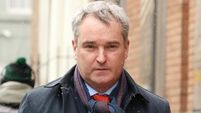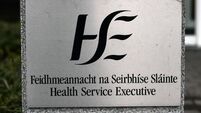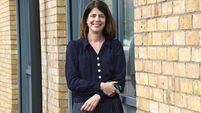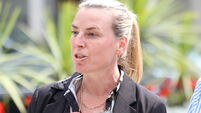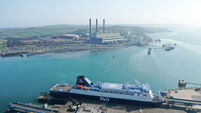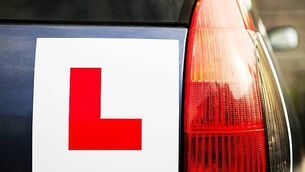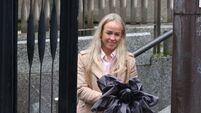'People in London seem to be finding really creative ways to hurt themselves and each other'

Rhys Scully, from Carlow, is determined to experience Britain’s busiest emergency medicine departments for himself.
Assisting with the surgery of a man who had suffered “an unfortunate chainsaw attack” is just the sort of medical drama aspiring doctor Rhys Scully thrives on.
“Luckily, the story had a happy ending,” he tells the




